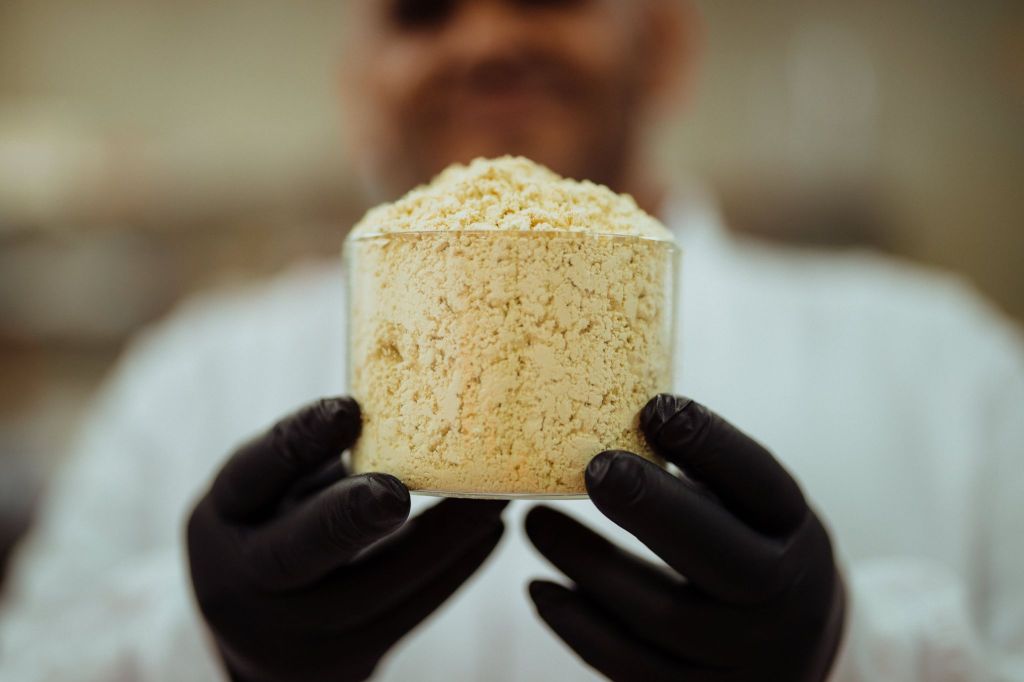The global plant-based protein market is expected to reach USD 17.1 billion by 2032 with a CAGR of 6.3%, according to DataHorizzon Research.
According to the market research firm, the plant-based protein market – which was valued at USD 9.3 billion in 2022 – is growing due to the increasing awareness of the health benefits of plant-based diets.
The data showed that soy proteins are seen as the leading option in the plant-based protein market, offering high nutritional value and containing all the essential amino acids. They are popular among vegan consumers and provide several health benefits, such as improved metabolism and bone mineral density. Isolates are the top segment of plant-based proteins, offering a higher nutritional content and a neutral taste.
The research firm noted that the human body can produce only 10 out of the 20 types of amino acids needed for good health, resulting in the need for dietary supplements to ensure a sufficient supply of essential nutrients. It said that to reduce saturated fat intake, lower cholesterol levels, and improve overall health, consumers are increasingly seeking alternative sources of protein that are considered healthier.
The report highlighted plant-based food as an alternative protein source, touting the benefits of a healthy gut, reduced harmful bacteria, and the containing of fibre that regulates sugar in the body.

According to Australia’s national science agency CSIRO, the country’s plant-based protein market is expected to grow rapidly, reaching a value of 6 billion by 2030. In 2023, the market was valued at 184.80 million and is expected to grow at a compound annual growth rate (CAGR) of 5.64% between 2024 and 2032, reaching 301.98 million by 2032.
CSIRO has laid out its Future Protein Mission to sustainably produce enough protein to feed a population estimated to hit 9.7 billion less than two decades from now.
Among the alternative protein sources the science agency is focusing on are lupins and precision fermentation, or enhancing traditional fermentation processes with advanced biotechnology to efficiently produce a compound such as a protein, flavour molecule, vitamin, pigment, or fat.
To stay up-to-date on the latest industry headlines, sign up to Future Alternative’s enewsletter.
Posted on:


